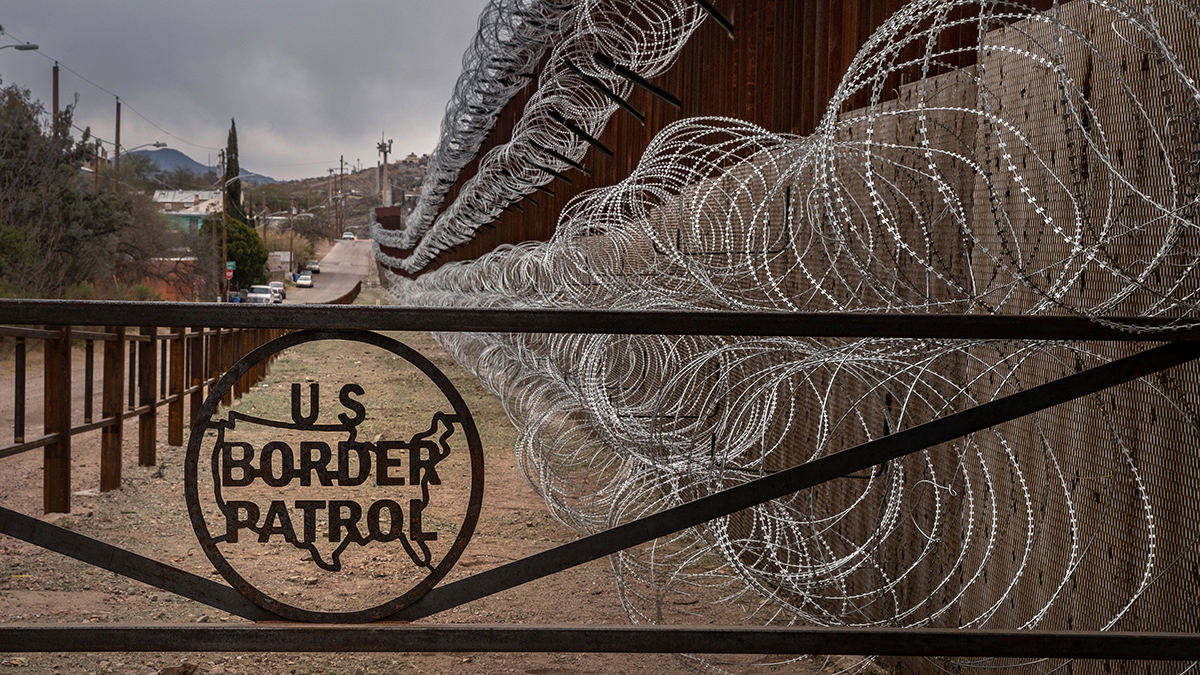Special Olympics participants denied access to U.S. despite pleas for humanitarian paroles
Why this matters
The U.S. government policy at the Mexican border had unintended consequences, denying Special Olympians an opportunity to compete as they had done previously.
For young athletes with disabilities, the Special Olympics are a life-changing experience that allows for unique competition. Participants spend months preparing for the events by training their bodies and minds for the competition.
That opportunity was stripped from over 100 young residents of Ambos Nogales, Mexico, who were denied parole access to the United States to participate in the 2019 Special Olympics. The event was held at Pierson Vocational High School on the Arizona side of the border without all of the competitors.
The nonprofit organization Nogales Infantil hosted the event to join two communities separated by the border in celebrating young people with special needs, but organizers and participants were met with the harsh reality of modern border relations when a large portion of the competition was eliminated.
Gloria Smith, one of the event organizers, told Nogales International that U.S. Customs and Border Protection in the past had granted over 100 humanitarian paroles, or special permission to enter the country for a day, but did not provide the same accommodations this time around.
See a gallery of 37 photos from today's Special Olympics in Nogales at https://t.co/waOIusJ74J pic.twitter.com/4goCgwHhld
— NogalesInternational (@nogalesnews) November 8, 2019
Humanitarian parole visas are rare but are granted in extreme cases to bring people across the border temporarily. Reporter Genesis Lara noted that a similar scenario took place in 2016 when a large number of Haitian migrants were blocked from entering the country at ports of entry.
In previous years, the USCBP granted permission to some Nogales Infantil participants to enter the country while denying others, but all 160 people who applied this year were denied promptly.
Alongside the Cultural Arts Committee and Border Youth Tennis Exchange, Nogales Infantil tried to work with the U.S. Consulate in Nogales to acquire the humanitarian paroles. Despite its status in the U.S. State Department, the Consulate has no authority on the subject.
Despite the circumstances, 300 participants were able to partake in the events on Nov. 8, 2019, including 120 athletes who made it across the border from Mexico with U.S. visas acquired on their own.
Dylan Hunter Carter is a senior sports journalism major at Arizona State University


